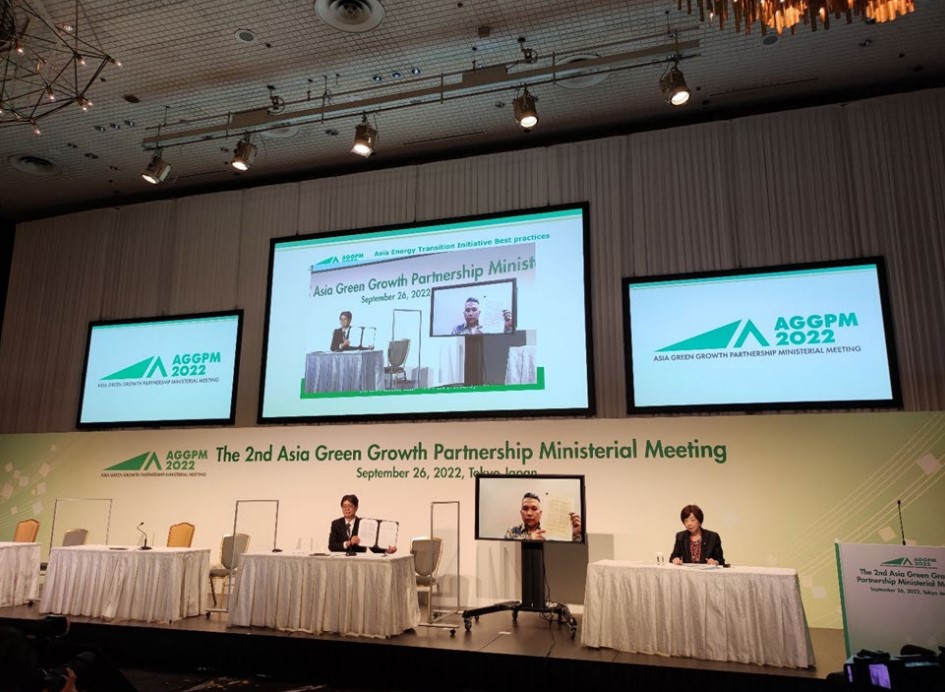Japan’s Inpex said it had signed a new memorandum of understanding with Indonesia’s state power company PLN regarding the planned Abadi LNG development.
Back in February 2020, Inpex, PLN, and Pupuk Indonesia signed memorandums of understanding for the long-term domestic LNG and pipeline natural gas supply from the Abadi project that aims to liquefy natural gas from the Masela Block offshore Indonesia.
Now Inpex Masela, a unit of Inpex, and PLN have extended and expanded the memorandum of understanding to incorporate joint studies in hydrogen/ammonia and CCS, according to a statement issued by Inpex on Tuesday.
The two firms signed the deal during a meeting organized by Japan’s Ministry of Economy, Trade and Industry (METI) and held in Tokyo, Japan on September 26.
Inpex is developing the Abadi LNG project with LNG giant Shell. However, Shell is in talks to sell its 35 percent stake from the Abadi LNG project.
Recent reports suggest that a consortium consisting of state-owned Pertamina, the Indonesia Investment Authority (INA) sovereign wealth fund, and others could buy the stake.
The Inpex-operated project has seen many changes over the years and initially, the development of the Masela offshore block involved a floating LNG plant.
The latest revised plan includes a 9.5 mtpa onshore LNG plant with an estimated cost of about $20 billion.
CCS, hydrogen
Under the MoU signed in 2020, Inpex is planning to supply gas-fired power plants in Indonesia owned and operated by PLN over the long term from the Abadi development.
The two firms have been in talks on LNG sales since the original MoU, and now they have decided to further expand the cooperation on the Abadi development.
To make the Abadi project “clean and competitive in service of the energy transition, Inpex and its partner are currently conducting a comprehensive study on the introduction of CCS and cost reduction,” the firm said in the statement on Tuesday.
To make further use of CCS facilities, Inpex and its partner are considering the production of blue hydrogen and ammonia using natural gas produced from the project, according to the Japanese firm.
The scope of the new memorandum includes conducting joint studies on supplying blue hydrogen and ammonia using natural gas produced from the project as co-firing fuel for thermal power plants in Indonesia that PLN owns and operates.
In addition, it also includes the capture and transport of CO2 emitted from thermal power plants in Indonesia and the storage of this CO2 in the Abadi gas field, Inpex said.

